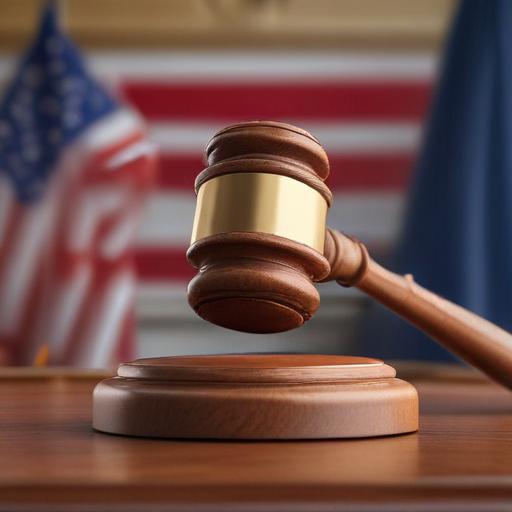London —
Hundreds of Kneecap supporters welcomed Liam Óg Ó hAnnaidh, who performs as Mo Chara, as he arrived at Westminster Magistrates Court on a terror-related charge. He is accused of displaying a flag in support of Hezbollah, a group designated as a terrorist organization in the UK.
Police launched the investigation in April after a video circulated showing Ó hAnnaidh allegedly displaying the flag during a 2024 London gig. Ó hAnnaidh has denied the charges, saying he does not support Hezbollah and describing his prosecution as a “carnival of distraction” that diverts attention from the war in Gaza.
A scrum of photographers greeted Ó hAnnaidh at the courthouse, where he appeared with fellow Kneecap members Naoise O Caireallain and JJ O Dochartaigh. Crowds outside waved Palestinian flags and chanted, “Free Mo Chara.” At the outset of the hearing, Ó hAnnaidh confirmed his name, date of birth and address.
In court, his defence team argued the case should be dismissed, contending that the charge was not brought within the legal six-month limit. Judge Paul Goldspring adjourned the case to September 26, when he will issue a ruling. Ó hAnnaidh left the courthouse without entering a plea and is due to return for the next hearing. Supporters outside the building continued to chant, calling for the charges to be dropped.
The investigation followed Kneecap’s appearance at the Coachella festival in California, where messages about Israel’s war in Gaza were projected onstage. On Tuesday evening, police announced public order restrictions on protests near the court to prevent serious disruption, directing crowds to gather in a designated area outside the building.
From early Wednesday, protesters gathered outside central London’s court, with some supporters explaining their long-standing backing for the Belfast-based trio. Mike McCusker, 62, told CNN he has followed Kneecap since 2019 and described the group as standing against oppression.
Kneecap, who rap primarily in Irish, has built an international following and is credited with revitalizing the language through their music. Formed in 2017 in Belfast, the band blends reflections on growing up after the Troubles with sharp social commentary, including references to drugs, alcohol use, and critiques of the British government, which has sparked controversy over the years.
In 2024, the band released their second studio album, Fine Art, and a semi-autobiographical feature film that received critical acclaim and won awards at the British Independent Film Awards and the Sundance Film Festival. The group has long advocated for Palestinian rights and sparked further debate when they performed at Glastonbury in June, after Prime Minister Keir Starmer suggested they should not have been allowed to perform in light of the charges against Ó hAnnaidh.
The band is scheduled to perform at several European festivals this summer, followed by a headline show at Wembley Arena in London on September 18.
Summary:
– Kneecap’s Mo Chara faces a terrorism-related charge over a flag display alleged at a 2024 London gig; the case is paused until September 26 for a ruling.
– The investigation followed their Coachella appearance and ongoing public demonstrations have prompted police-directed crowd control.
– The band remains active, continuing to promote Irish language through their music and live performances.
Commentary:
– This case underscores the ongoing tension between artistic expression and security designations, highlighting how political contexts surrounding Gaza and regional conflicts intersect with cultural performance.
– The legal process will test how acts of symbolism are interpreted within UK law, while supporters emphasize freedom of expression and solidarity with Palestinian rights.
If you’d like, I can add a brief explainer on how UK law defines display of terrorist-related symbols and how similar cases have been treated in the courts to give readers more context.
